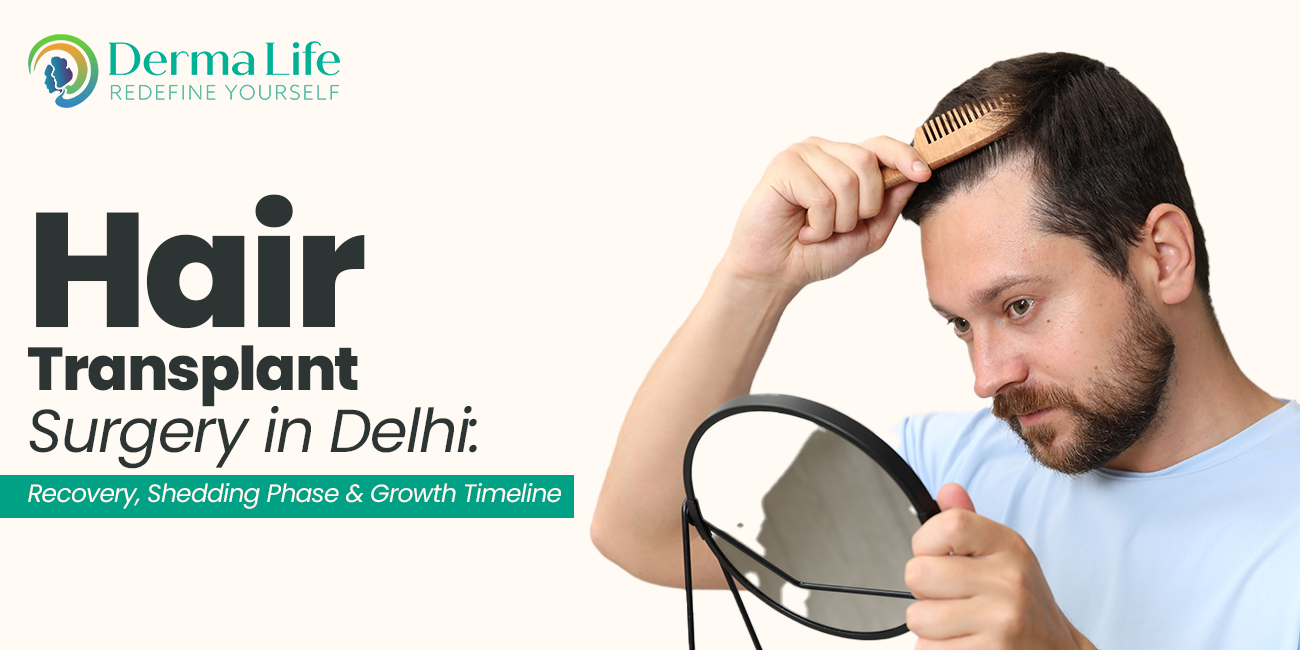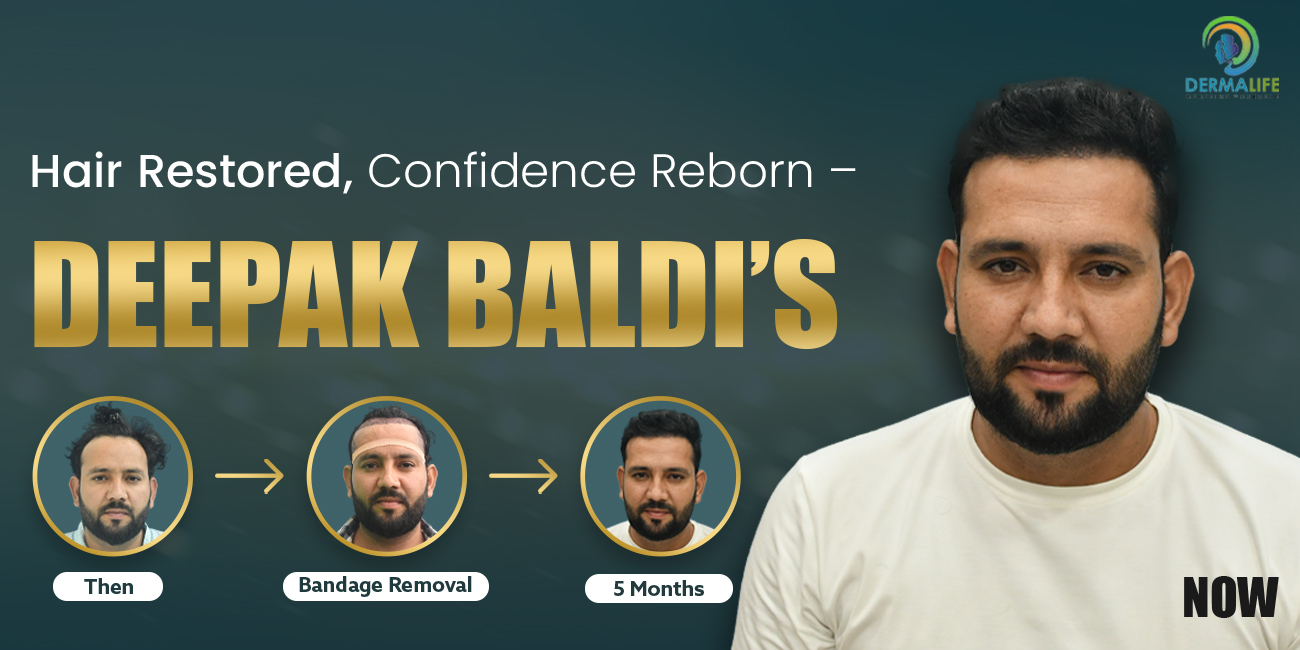For the many people who suffer from hair problems at some point in their lives, hair loss situations can be extremely upsetting. There are numerous causes of hair loss or thinning, including androgenetic alopecia, male or female pattern baldness, hair loss following trauma or stress, autoimmune diseases, and other inherited problems. There seem to be a lot of options for treating hair loss, but it can be confusing to figure out which ones will help. For this reason, it is advisable to start by seeing a board-certified dermatologist. They can offer you a safe and efficient treatment plan that may include prescription drugs like oral Minoxidil for hair loss.
Most people are more familiar with an oral drug, minoxidil which is quite effective in treating hair. It is also known as a tonic or foam for the scalp. In some cases, minoxidil tablets can be used orally, and dermatologists are beginning to acknowledge this as a practical and efficient method of treating hair issues. So let us know more about that Can oral Minoxidil Helps treat hair loss
Researchers found that a side effect of high-dose minoxidil, which has historically been used for hypertension and high blood pressure, was that it encouraged hair growth. As a result, researchers found that oral minoxidil, at lower dosages, can successfully strengthen hair follicles for greater growth and retention of hair, thus treating diseases related to hair loss.
Oral Minoxidil is a more recent, off-label substitute for topical Minoxidil. It is more convenient to use in combination with other treatments, leaves no residue on the hair, and is generally easier to swallow than to apply topically. Generally speaking, it costs less than the topical formulation. As a result, oral minoxidil has gained popularity as a long-term treatment for hair loss.
Is oral Minoxidil more efficient than topical Minoxidil?
Hair problems have long been treated with topical minoxidil. The topical formulation is regularly applied to the scalp to strengthen the hair and stop excessive shedding. When applied topically, minoxidil is converted into its active form, minoxidil sulfate, by the enzymes in the hair follicle root known as sulfotransferase.
On some occasions, though, these enzymes can be discovered in the liver rather than the scalp. As a result, oral treatment may be effective for these patients but topical Minoxidil treatment will not. Patients may also favor oral minoxidil over topical minoxidil due to the latter’s tendency to irritate the scalp and change hair texture.
This may cause patients to neglect their medication’s prescription. Since oral minoxidil does not have the same effect on the scalp, many patients find it to be a more convenient and appealing option. Additionally, swallowing a pill is frequently simpler than applying a solution to the scalp.
How does Oral Minoxidil work?
Oral minoxidil acts by widening blood vessels, boosting blood flow, and enhancing scalp circulation. Increased blood flow has the potential to activate hair follicles, either stimulating new hair growth or delaying more hair loss. On the other hand, low blood pressure, an elevated heart rate, fluid retention, and other adverse effects of oral minoxidil may restrict its use and necessitate careful supervision by a medical practitioner. Usually, these services are less costly than the preparation for topical use. As a result, oral minoxidil has gained popularity as a long-term treatment for hair loss.
Oral Minoxidil is recommended if:
- Topical formulations of minoxidil can irritate the skin or induce allergies or rashes.
- After six months of consistent use, topical minoxidil shows no improvement.
- Poor hair texture can occasionally result from topical minoxidil use. This can lead to dry, knotted hair that is more prone to breaking.
- Other challenges arise while applying topical minoxidil, which leads to issues with compliance with long-lasting therapy.
- Male and female pattern hair loss is the primary indication for oral minoxidil usage. On the other hand, traction alopecia, loose anagen syndrome, and telogen effluvium may also benefit from this treatment.
There are tablets containing 2.5 mg, 5 mg, and 10 mg of minoxidil. For women, 0.625 mg per day, and for men, 1.25 mg per day is the typical starting dosage. Sometimes a slightly higher dosage is needed for men. The medication may be prescribed for you to take every day or every other day.
Minoxidil dosages for hair loss are categorized as “low dose.” This is because dosages used for hair loss are significantly lower than those used for illnesses like hypertension.
As long as you take the drug consistently, oral minoxidil can treat hair loss disorders like androgenetic alopecia, telogen effluvium, and alopecia areata. Oral minoxidil can be taken for an extended period at a low dosage to keep the results of hair strengthening. For as long as they wish to experience the benefits of the medication, patients should anticipate receiving an oral Minoxidil prescription.
But before getting into using oral minoxidil or any other treatment for hair loss, it’s essential to consult a healthcare provider or a dermatologist who specializes in hair disorders. They can evaluate your condition, discuss the potential benefits and risks, and recommend the most suitable treatment option based on your specific situation.
To ensure the best solutions for your hair problems Dermalife is one of Delhi’s premier hair restoration facilities. It uses the best equipment that has received international accreditation and abides by the highest criteria of excellence in this field.
Being one of the top hair care clinics in Delhi, we provide you with all the information you need to choose the best hair fall treatment for your particular hair problem. This then allows you to decide based on your needs and goals. The center’s director Dr. Gaurav Garg, is a trichologist and dermatologist by background. His expertise in hair restoration techniques has earned him recognition both domestically and internationally.
He has worked in the industry for more than 12 years. Among his accomplishments are numerous honorary titles and fellowships. His ability to provide the best results for hair-related problems that seem natural makes him one of the most preferred dermatologists.
Takeaway
For many people hair loss disorders can be extremely distressing because hair is a defining characteristic. Hair disorders can take many different forms, including the auto-immune disease alopecia areata, the stress- or trauma-based telogen effluvium, and the genetic androgenetic alopecia condition that affects both men and women. If any of those conditions apply to you, oral minoxidil might be the best course of action. It gives healthier, thicker hair follicles, which increase hair volume and decrease hair loss. See your dermatologist if you would like to try oral minoxidil. They ought to be able to offer you advice regarding the medication and might even suggest other helpful treatments.
FAQs
-
How long does taking oral minoxidil take to show results?
A: Individuals may have different outcomes when using oral minoxidil. After beginning treatment, some patients may see a halt in hair loss or regrowth in a few months, while others may need more time. It takes time to see long-lasting effects because consistent use and ongoing treatment are frequently required.
-
Can anyone use oral minoxidil for hair loss?
A: Not everyone should take oral minoxidil. Before beginning any kind of treatment, including oral minoxidil, it is essential to speak with a dermatologist who specializes in hair disorders. They can evaluate your condition, go over possible risks, and figure out the best course of action for you given your unique circumstances.
-
What are the potential side effects of oral minoxidil?
Low blood pressure, an elevated heart rate, fluid retention resulting in edema, and other cardiovascular problems are possible side effects of oral minoxidil.
-
How does oral minoxidil work for hair loss?
Oral minoxidil works by widening blood vessels, improving blood flow to the hair follicles, and potentially increasing the follicles’ size. This process may encourage hair growth and slow down the rate of hair loss.
Related Blog – What To Eat After A Hair Transplant?- Food To Eat & Avoid





